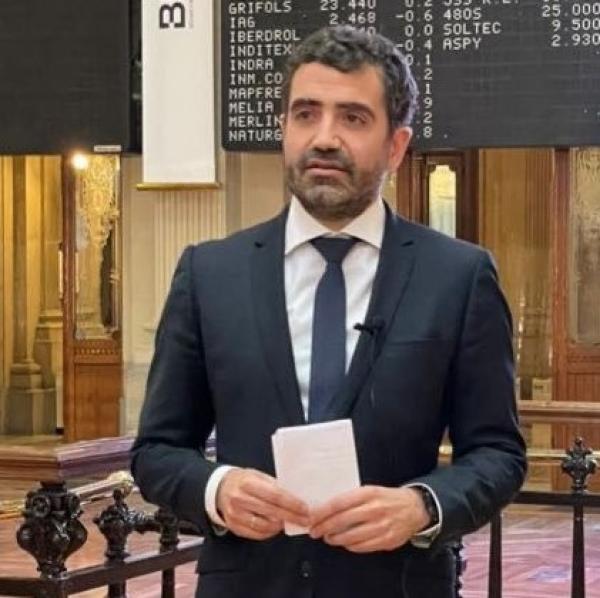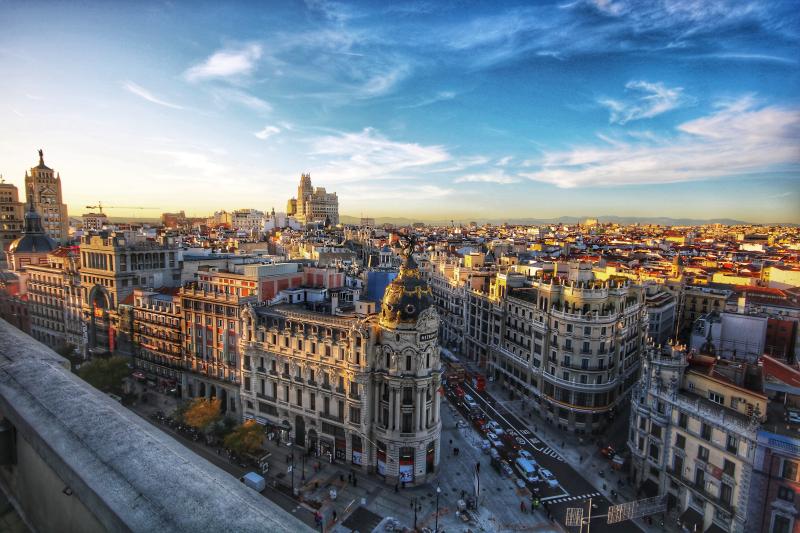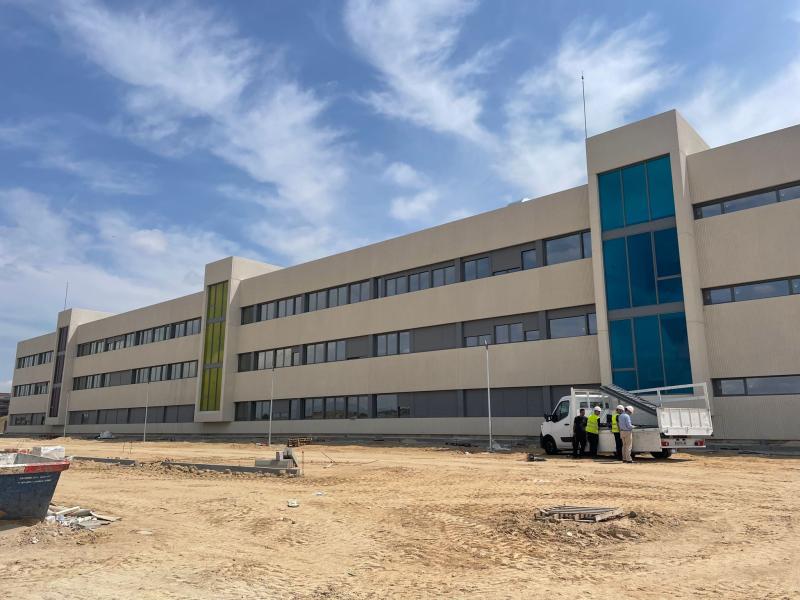Madrid builds schools in its new suburbs, reducing social inequalities in education and helping the city become greener
A city is like a family – when it grows it needs more space to accommodate everyone. And, like a family, it needs somewhere to send the kids to school.
Spain’s capital is one of Europe’s fastest growing cities. Madrid’s population is growing more than twice as fast as the rest of Spain, making it the most densely populated region in the country. Entirely new neighbourhoods keep emerging at the city’s outskirts.
The children in these new neighbourhoods need schools, so the Comunidad de Madrid plans to build new schools and renew old ones to provide quality public education for an estimated 58 000 students.

Rodrigo Robledo Tobar
“Education is a pillar of our society,” says Rodrigo Robledo Tobar, general director of financial policy and treasury of the region of Madrid. “This will be an investment in the next generations, in our future.”
- Read more about how Romania upgrades infrastructure and clinical labs to boost specialist training and educate future medical professionals
More schools, more education in Madrid suburbs
In Spain, public schooling is free, with high take-up rates in pre-primary, primary and lower secondary education. But once students reach upper-secondary school, demographic factors play a large role in determining which students will continue their education. Students are more likely to drop out if they are from families with lower socioeconomic status who are living in poorer neighbourhoods with longer commutes to school.
Investing in education infrastructure will help meet the current demand for more schools – and the Madrid region’s future need for skilled individuals, which are the backbone of every economy.
“These people need access to schools close to where they live,” says Robledo Tobar. “They should not have to travel 30 minutes or an hour to get their children to a school in the city centre.”

In 2023, the region of Madrid reached a population of 6 750 000 people
The suburbs are growing because of increased population. But people are also moving there because apartments are more affordable.
“The areas where most of the new infrastructure is going to be located are in the suburbs which are growing the most,” says Silvia Guallar Artal, an economist in the education and public research division of the European Investment Bank. “They are the newest areas and also not as wealthy.”
- Read more about how a big European renovation grant will make 150 Armenia kindergartens more energy efficient
Helping Madrid grow with schools in the suburbs
Building schools is expensive. Madrid will need to:
- have land to build on
- pay for the planning and construction
- adhere to regulations – the process of receiving the necessary certifications can be time-consuming and costly
- equip the schools with technology to provide a modern learning environment.
That’s why the European Investment Bank is supporting the Madrid project with a €250 million loan, signed in 2023. “Thanks to this loan, we are able to provide educational services to families that are living in the suburbs,” says Robledo Tobar. “They no longer have to move to the city centre, which is expensive, and this will further reduce inequalities between people.”

58.000 students will benefit from the project
The EU bank’s loans are always bankable investments, but they’re also designed to assist in socially important projects, which is why it is such a player in education finance across Europe.
“We offer long-term financing at affordable interest rates,” says Gladys Sevilla, who works on loans to the Iberian public sector at the European Investment Bank. “That is what will make the difference here.”
Apart from financing, the Bank will provide the Comunidad de Madrid with technical advice in the initial phase of the project.
- Read more about how a Swedish company creates small LED device to help anyone learn how to code, but especially young girls
Education that makes Madrid greener
There’s a climate angle to the school’s expansion in Madrid, too, with improvements to energy efficiency, accessibility, safety, and temperature control.
“If we want to have a liveable environment for future generations, we need to ensure that our investments promote climate action and environmental sustainability,” says Guallar Artal, the European Investment Bank education economist. “That is what this project does.”
